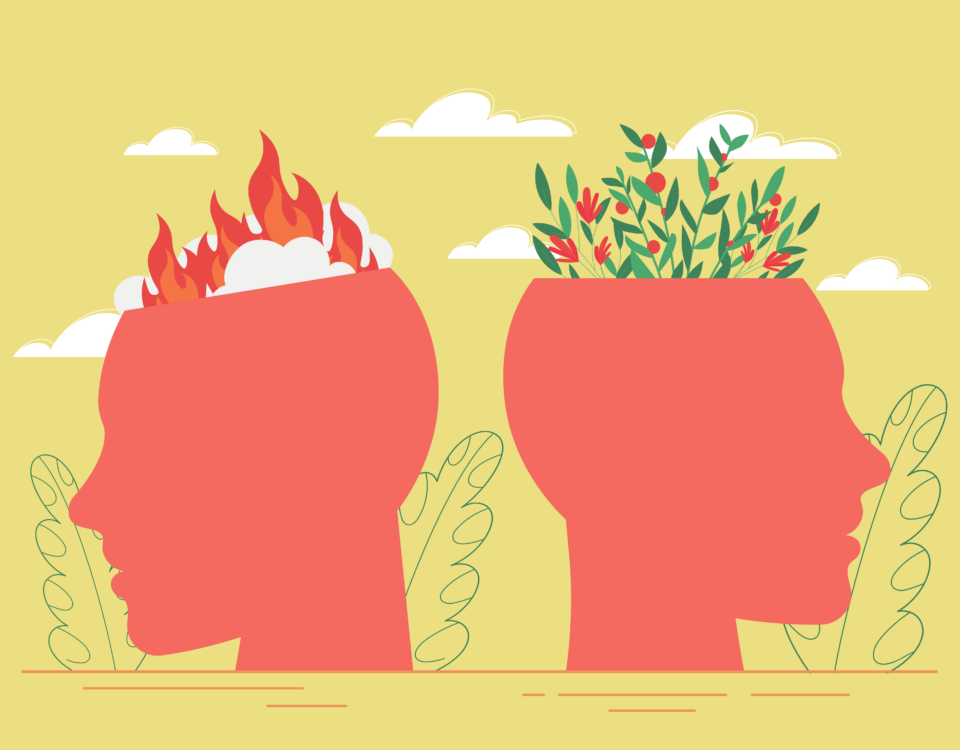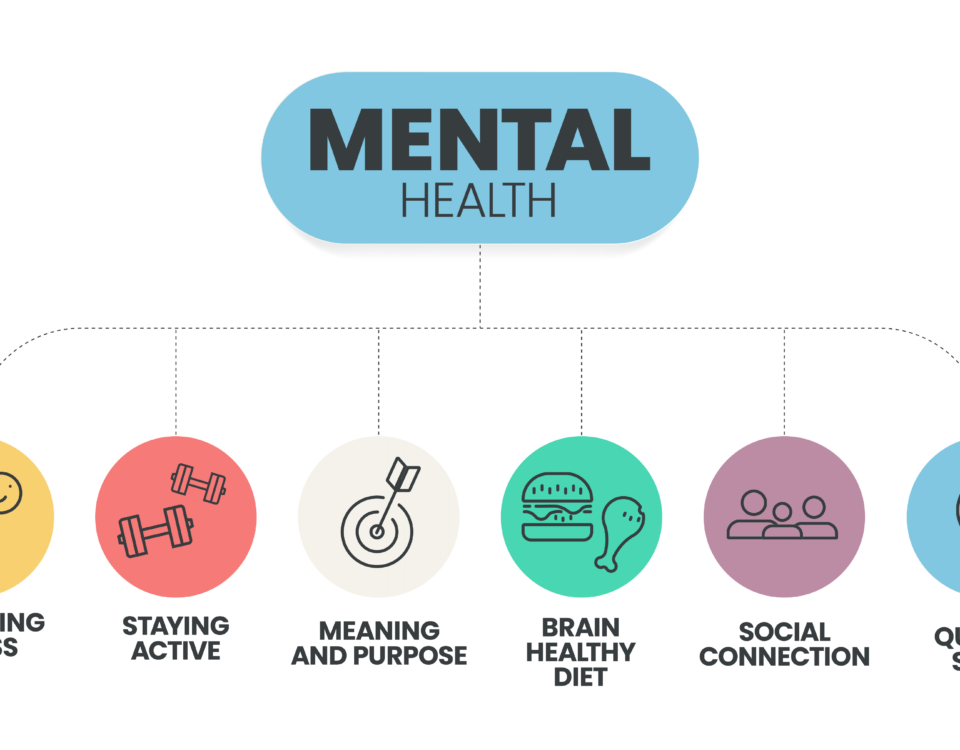You may feel guilty about leaving, but you cannot make someone get help if they don’t want it.
If you have tried time and time again to get your partner into an inpatient or outpatient rehab without any luck, it is time to do what is best for you. Walking away from any relationship is hard, but ending a relationship with a drug may come with a few added challenges. Banyan Treatment Centers Chicago is here to illustrate what such a situation may look like, when the best time to act is, and how to heal your mind and soul from such an ordeal.
Questions about our Facilities or Programs?
Our admissions coordinators are available 24/7 to answer any questions you may have as you consider whether treatment at Banyan is right for you or your loved one.
How Addiction Affects Relationships
Substance abuse disorders affect far more than just the addict themselves. Their loved ones may be hurting as well, and too often, it’s their romantic partners who suffer the most.
A relationship with a drug addict is toxic. Along with codependency and enabling, the relationship can be filled with mistrust and is often one-sided. Many drug addicts are in denial about their problem; if you try talking to them about it, they get defensive. Also, drug addicts lie frequently to cover up their addiction, which can lead to broken trust and gaslighting. Relationships are supposed to be 50/50, but they are putting their addiction before you. These types of relationships are unhealthy, and if your loved one won’t change, it may be time to get out.
When to Walk Away From an Addict
It can be very difficult and emotionally taxing to decide when to cut off a person who is addicted. Understanding the thin line that separates assisting from condoning harmful behavior is crucial. When the addict shows no dedication to their recovery and continuously rejects treatment, it's one of the main signs that it might be time to walk away. Investing emotionally and psychologically in the relationship may just prolong a cycle of frustration and despair if the other person refuses to face their addiction and seek professional help, even with your best intentions. It becomes critical to acknowledge the boundaries of your capacity to have a good influence on the addict's rehabilitation as well as on your well-being.
Moreover, walking away from an addict may also be necessary when the relationship becomes toxic or poses a threat to your safety. Substance abuse can lead to unpredictable and harmful behavior, and if the addict's actions jeopardize your mental, emotional, or physical well-being, it may be time to prioritize your safety. Setting clear boundaries and getting support from friends, family, or experts might help you make the difficult decision to withdraw from the situation. Knowing that detachment is a strategy for self-preservation rather than an indication of abandonment is a critical first step in negotiating the intricate dynamics of relationships with people who are struggling with addiction.
Getting into treatment is easy with our free insurance verification
"*" indicates required fields
How to Break Up With an Addict
Dating someone with a substance abuse problem can be hard. You love them, but their addiction is ruining your relationship. You may have gone back and forth in your mind several times about whether or not to stay, but now that you have finally made up your mind, the logistics of the breakup with a drug addict can be overwhelming. Our Chicago Addiction Treatment Center is sharing some advice on ending a relationship with a drug addict so that you can start to move forward with your life.
Follow Through
If you do end the relationship with your addicted partner, you must follow through with this decision. Going back to them right away is not only unhealthy but also signals to your partner that your words carry no weight. Your empty threats mean that there are no boundaries in your relationship, and your partner is likely to take advantage of this. Even if they do eventually go into a partial hospitalization program at our Chicago drug rehab or get some form of professional help, they need time to work on themselves after treatment before you should even consider getting back together with them.
Wait Until They Are Sober
There is never a perfect time to end a relationship, but if you are breaking up with a drug addict, you want to try to do so when they are sober. If they are high or under the influence, their emotions may become even more heightened than normal, and the breakup could quickly become heated.
Do It In Public
If your partner tends to lash out or if their addiction makes them more prone to get angry, it may be best to break up with them in a public place where other people are around, especially if you have concerns about your safety. If your partner has gotten violent with you before or threatened you during the breakup, it is important to take their threat seriously and contact the police.
Don’t Blame Them
While it is easy to point fingers and reference their addiction as the only problem, addiction is a disease, and blaming them will often only make the breakup more contentious. Your partner needs help, and while substance abuse is not an excuse for their bad behavior, they also don’t have full control over their actions right now. It is better to do your best to be calm during the situation and tell them that this breakup is what is best for you.
Focus on Yourself
Ending a relationship with a drug addict can be mentally and emotionally draining. Like with any breakup, you need time to heal and mourn the relationship. Take this time to focus on yourself and your neglected needs. Try your best to avoid contact with your ex if possible, as this can hinder the healing process. If you need to get professional help, do it.
The Best Ways to Heal After Breaking Up With an Addict
Breaking up with an addict you love can be a difficult and emotionally taxing process. After a breakup like this, it's critical to put your recovery and well-being first. Above all, allow yourself enough time and space to come to terms with the breakup. Recognize your disappointment, grief, and any other sensations that may surface. Seek assistance from loved ones, friends, or a therapist who can offer you a safe space to share your feelings without passing judgment.
Effective ways to health after ending a relationship with a drug addict include:
- Establish boundaries: To safeguard your emotional and mental well-being, clearly establish and uphold boundaries. This could entail severing or restricting communication with the addict to stop any manipulative actions or possible relapses.
- Focusing on self-care: Prioritize self-care activities that nurture your physical and emotional well-being. Engage in activities that bring you joy, relaxation, and a sense of fulfillment.
- Seeking professional help: To manage the intricacies of the breakup and the associated emotions, think about pursuing therapy or counseling. A professional can help you work through the difficulties of breaking up with an addict by offering advice and support.
- Joining a support group: Join a support group to make connections with people who have gone through similar experiences. Gaining valuable ideas and fostering a sense of community can be achieved through sharing your experiences and hearing others' tales.
- Educating yourself: Find out more about the effects of addiction on relationships. Gaining insight into the nature of addiction can aid in your development and help you make sense of the difficulties you had in the relationship.
After a breakup with an addict, it's essential to focus on your healing journey. Seize the chance to reconnect with and strengthen your sense of self, laying the groundwork for future relationships that will be healthier. Keep in mind that recovery is a gradual process, and while you work through this difficult phase of your life, it's acceptable to ask for help. At our Illinois rehabs, we know that addiction can ruin a person’s life and drastically impact their loved one.








